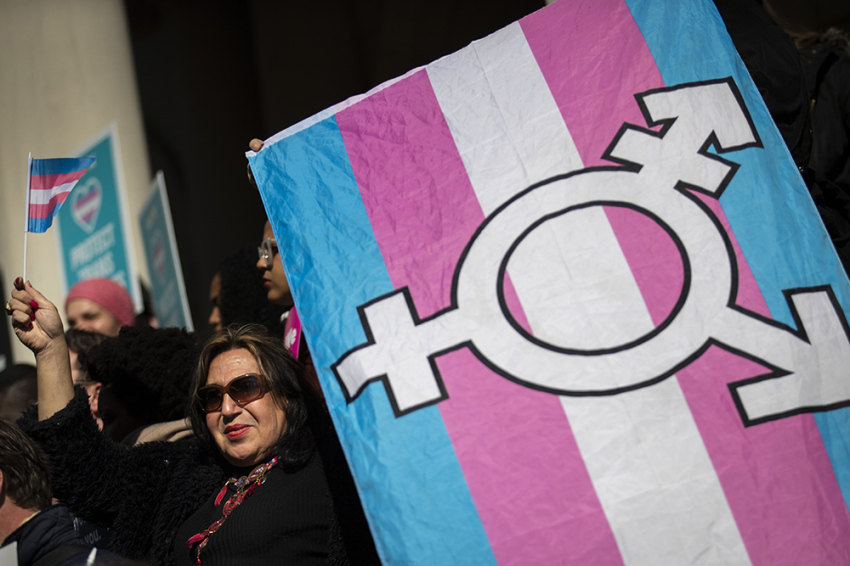Christian university sues to block HUD order forcing male student placement in female dorms

A Missouri Christian university is suing the Biden administration over a federal directive that its lawsuit claims requires religious schools to open their dormitories and showers based on "gender identity.”
The College of the Ozarks, a four-year liberal arts college in Point Lookout, filed a lawsuit in response to a February order from the Department of Housing and Urban Development that forces any entities that receive federal dollars covered by the Fair Housing Act to place transgender-identified biological males into female dormitories and assign them as females’ roommates.
The lawsuit argues that the rule forces religious schools to violate their religious beliefs and states that the order was issued "without notice or the opportunity for public comment." The lawsuit contends that the policy was issued without considering alternative policies that "respect the interests of private religious colleges."
Representing the school is the legal nonprofit Alliance Defending Freedom, which argues that the directive violates both women's sex-based rights and the school's religious liberties.
“The government cannot and should not force schools to open girls’ dorms to males based on its politically motivated and inappropriate redefinition of ‘sex,’” ADF senior counsel Julie Marie Blake said in a statement.
“Women shouldn’t be forced to share private spaces — including showers and dorm rooms — with males, and religious schools shouldn’t be punished simply because of their beliefs about marriage and biological sex. Government overreach by the Biden administration continues to victimize women, girls, and people of faith by gutting their legal protections, and it must be stopped.”
The federal order instructs “organizations and agencies that receive grants through HUD’s Fair Housing Initiative Program (FHIP), in carrying out activities under these grant agreements, must interpret sex discrimination under the Fair Housing Act to include discrimination because of sexual orientation and gender identity.”
Violators of this directive will potentially face fines and punitive damages.
The lawsuit was filed in the southern division of the U.S. District Court for the Western District of Missouri.
College of the Ozarks President Jerry C. Davis believes the Biden administration's action constitutes a violation of the most basic freedoms outlined in the founding documents of the United States.
“Religious freedom is under attack in America, and we won’t stand on the sidelines and watch,” Davis said in a statement.
“To threaten religious freedom is to threaten America itself. College of the Ozarks will not allow politicians to erode this essential American right or the ideals that shaped America’s founding.”
College of the Ozarks is colloquially known as "Hard Work U" as all students work while they are students on campus and receive tuition-free four-year degrees.
In a statement on its website about the lawsuit, the liberal arts college said that it "holds to the Christian belief that biological sex is not changeable, and it operates its dorms accordingly."
"The College’s sincerely held religious beliefs influence their policies, including dormitory policies, which prohibit male students from living in female residence halls, and vice versa."
Commenting on the lawsuit on Twitter Friday, evangelist Franklin Graham praised the school for its "bold stand" and asked, "Can you believe this government overreach?"
The HUD directive that reinterprets "sex" to include gender identity follows the Biden administration's executive order signed on his first day in office — "Preventing and Combating Discrimination on the Basis of Gender Identity or Sexual Orientation" — which directed federal agencies within 100 days to adjust their policies to do likewise.
The Jan. 20 order cited the 2020 U.S. Supreme Court ruling Bostock v. Clayton County, which held that firing someone on the basis of "transgender status" was a form of sex discrimination that is prohibited under Title VII of the Civil Rights Act, the section pertaining to employment. The high court ruled only on workplace discrimination and did not speak to other areas of public policy, such as housing or education.



























